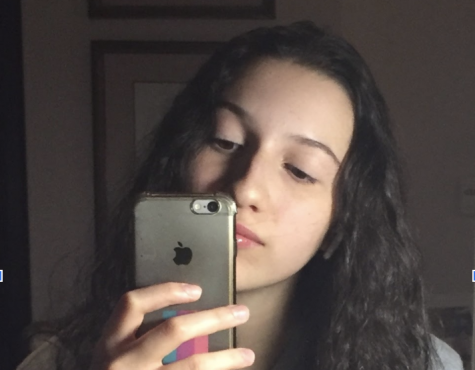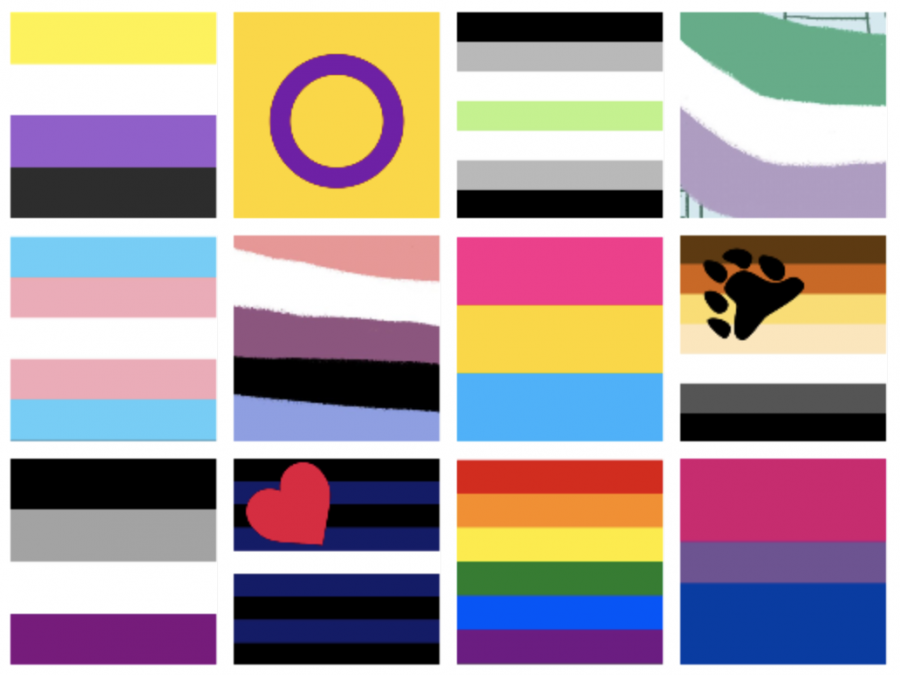The True Meaning Behind “That’s So Gay”
If you’ve wandered around the halls of Graded, you will have usually seen people laughing, smiling, and hanging out with their friends. Usually what they talk about is kind-hearted, but sometimes, friends insult each other. When they do this, though, they make it clear (most of the time) that what they’re saying is a joke, and should be taken as one. The problem is: sometimes people say things that they find funny, but others on the receiving end might not, and rather, be confused by it..
With this, The Talon shines light on the phrase “that’s so gay”. The only thing that comes to mind when thinking of that phrase is the stereotypes that come along with that word, and centuries of oppression against the queer community. It’s a phrase many have heard countless times at this school, and some will laugh at; but how do members of the LGBTQ+ community (or the LGBTQ+ club at Graded) truly feel when they hear that?
The Talon: When you hear people saying “that’s so gay”, how does that make you feel?
Chloé Cortez: I get immediately, like, annoyed in a way and kind of–I wouldn’t say disgusted–but I do feel repulsed. I feel really annoyed.
Sofia Okroglic: I feel nauseous. For me, it also depends on who’s saying it. So, like, if it’s with my friends and someone says “that’s so gay”; I know it’s a very different meaning than a kid who just tripped and another one said “that’s so gay”, you know what I mean? It’s a very different connotation.
Vidisha Sharma: I agree with what Sofia said about connotation; if it’s someone gay, like myself, and I make jokes like “oh my god that’s so gay” or “hahaha I’m so gay”. But if someone’s who’s straight says it, it usually comes with a negative connotation and that is meant as an offense.
Helen Liu: I think it stems from a lot of, like, ignorance (..) Most people, they say it and they think “oh, it’s not offensive, they’ll just get over it. You’re so sensitive for thinking that I’m being offensive.” They’ve never been part of it themselves, of being mocked for some trait they’re not in control of, so they don’t know how it feels to use something that’s out of their control as an offense and a slur, and something people make fun of.
The Talon: If you could have an immediate impact on what people do when they say this, what would it be?
S.O.: I would like to make people who use that word in a degrading way, I would like to make them feel how that word feels like. I would like to show them how that word, like; just to use someone as an offense or something that is less than other is really hurtful and I want them to feel that. Because, if they feel that, they’ll rethink it before they do it again. A bit vindictive, but still.
C.C.: I feel like it’s only fair to do that, like, I agree. If you’re using it in that context, you’re not thinking of how you’re using it. It’s only fair that you, like, know what it feels like. Like, think before you speak, you know?
H.L.: Also, it’s just because people think it’s quirky to say it, like, “cê é tão gay, seu viado” and that kind of stuff; it’s because it’s popular and a lot of people are saying it. I think the people that aren’t bad and are just picking up on it because other people are saying it. So what I would want to do is make that word (…) not cool. If you say that you’ll immediately be associated with someone that’s uncool, someone that is not aware of the, like, social issues. Because everyday people suffer because of sexuality, and people who say that as a slur should immediately be associated with people who are not cool and just not “fit for society”.
V.S.: I also agree that it’s best to make them understand the connotation that comes with using this word and the negativity. And I also think that it would be depending on how they use the word; because, like, if they’re using it maliciously to talk to people based on their identity, I would want to use force to make them understand how bad it actually can feel. But it’s genuine, just, ignorance.
From these interviews, it is evident that the people on the other end of “that’s so gay” are hurt and repulsed by the common use of the phrase. Some young adults might feel that it is okay to use this phrase as a joke or an insult because it doesn’t affect them, and and feel that“long gone are the times when gay people were oppressed”, but they are wrong. The further in time we go, the more critical we are of each other. But the true question is, how can someone look or dress like a sexual orientation?
In the news, it’s common nowadays to see a child murdered in cold blood because they told their parents they were gay, an example being Anthony Avalos. This 10-year-old boy had come out as gay days before his murder and was found with severe signs of physical harm including malnutrition, cigarette burns, and bruises. The police suspected this might have been a hate crime for homophobia (Therolf, 1). Many people don’t pay enough attention to this issue, but like other problematic words, the unaccepting problem in our society is far from resolved.
By using this phrase to put people down, the phrase continues to add a negative connotation onto a sexuality, and it is helping a culture of hatred, nurture that oppression. The next time you see or hear someone say this, think about it and do something. We have spent way too much time demeaning others for stereotypical ideals of their sexual orientation, and not enough time respecting each other.
Sources: Los Angeles Times

Isa has been involved in The Talon since her sophomore year as a Features writer. In her junior year, she transitioned to the Point of View section and...









